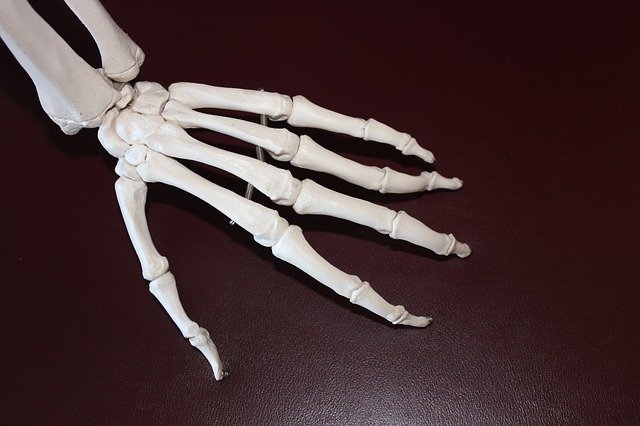Podcast: Play in new window | Download (Duration: 11:07 — 5.6MB) | Embed
Nortriptyline is a TCA that can be used for depression and various pain syndromes. I discuss other less common diagnoses in this podcast episode as well.
There are a lot of drug interactions with nortriptyline. It is metabolized by CYP2D6, can have additive anticholinergic effects and has been associated with QTc prolongation.
Nortriptyline is very anticholinergic and can blunt the effects of dementia medications.
Dry mouth, dry eyes, sedation, urinary retention, and constipation are a few of the more common adverse effects of nortriptyline.
I discuss important drug interactions on the podcast, be sure to check out my latest project which is a 200+ page book on managing drug interactions in primary care.
Be sure to check out our free Top 200 study guide – a 31 page PDF that is yours for FREE!










